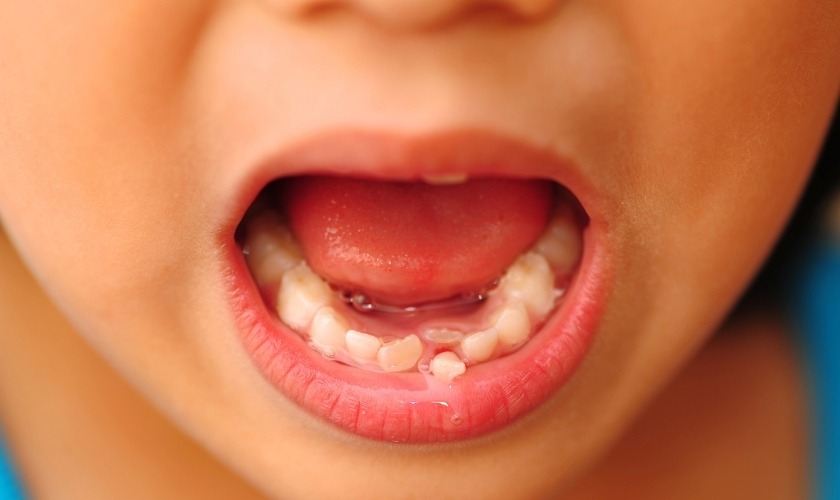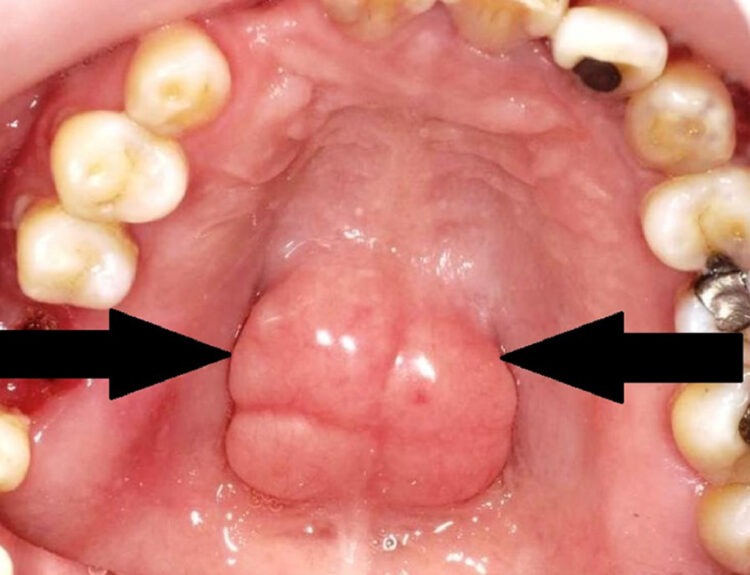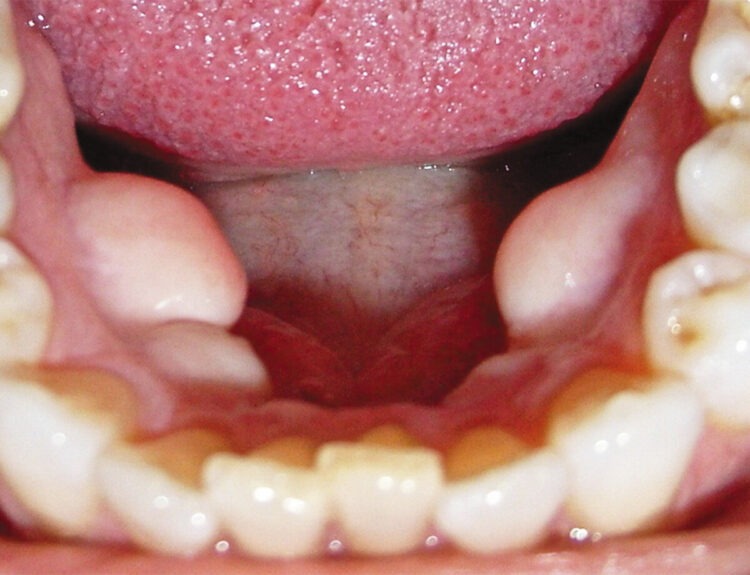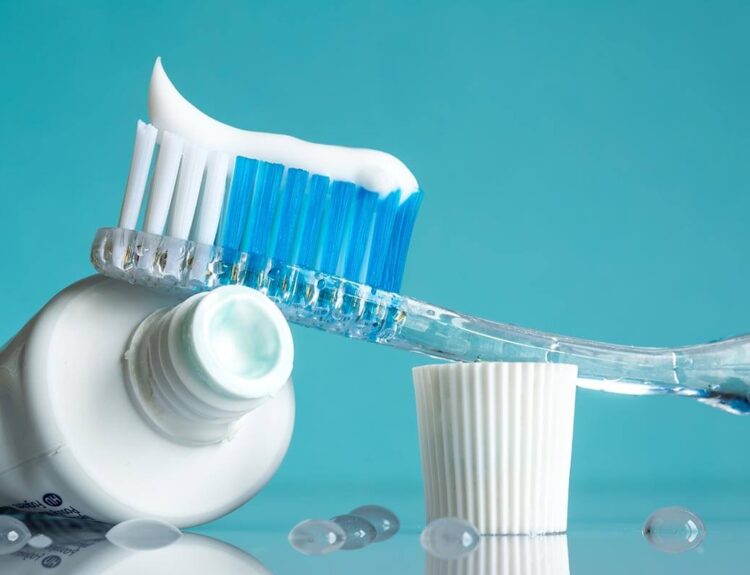Kids have twenty teeth; ten in each jaw. They are Baby Teeth which a child loses after six years of age. The process of losing these teeth is a natural and essential part of a child development. They serve as placeholders for adult teeth and play a significant role in a child’s oral health. Shedding them at the appropriate time is necessary to ensure proper teeth alignment and healthy oral habits.
Baby teeth begin to emerge during infancy between six months and one year of age. By the age of three, most children have a full set of 20 primary teeth. These teeth are not just temporary placeholders; they serve several important functions. They help children chew food properly, which is essential for nutrition and digestion. Baby teeth also play a critical role in speech development, enabling children to pronounce words clearly. Moreover, they contribute to the development of facial muscles and maintain space in the jaw for adult teeth.
The Natural Process of Shedding Baby Teeth
The shedding of baby teeth usually begins around the age of six and continues until the early teenage years. This process is triggered by the growth of adult teeth. It exerts pressure on the roots of the primary teeth, causing them to loosen and eventually fall out. The timing of this process is carefully arranged by the body to ensure that adult teeth emerge in the correct position and sequence. When baby teeth shed at their specific time, it allows for the smooth transition of adult teeth into the oral cavity.
Consequences of Delayed Shedding
Delayed shedding of these teeth can lead to several dental complications. If baby teeth do not fall out on time, permanent teeth may erupt in abnormal positions, leading to misalignment or crowding. This can result in malocclusion, a condition where the upper and lower teeth do not fit together properly, causing difficulties in chewing, speaking, and maintaining oral hygiene. Retained baby teeth can cause aesthetic concerns, which may affect a child’s confidence.
In some cases, delayed shedding may indicate underlying issues such as genetic factors, nutritional deficiencies, or hormonal imbalances. It is essential for parents to monitor their child’s dental development. They should consult a dentist if these teeth do not shed at the expected time. Early intervention can prevent long-term dental problems and ensure the proper alignment of permanent teeth.
Consequences of Premature Tooth Loss
On the other hand, premature loss of baby teeth, often caused by trauma, decay, or disease, can also disrupt the natural eruption of adult teeth. Due to early loss of baby tooth, adjacent teeth may shift into the empty space, blocking the path for the adult tooth to emerge. This can lead to misalignment, crowding, or impaction of permanent teeth. To prevent such issues, dentists may recommend space maintainers to hold the gap open until the permanent tooth is ready to erupt.
Read our full disclaimer.




